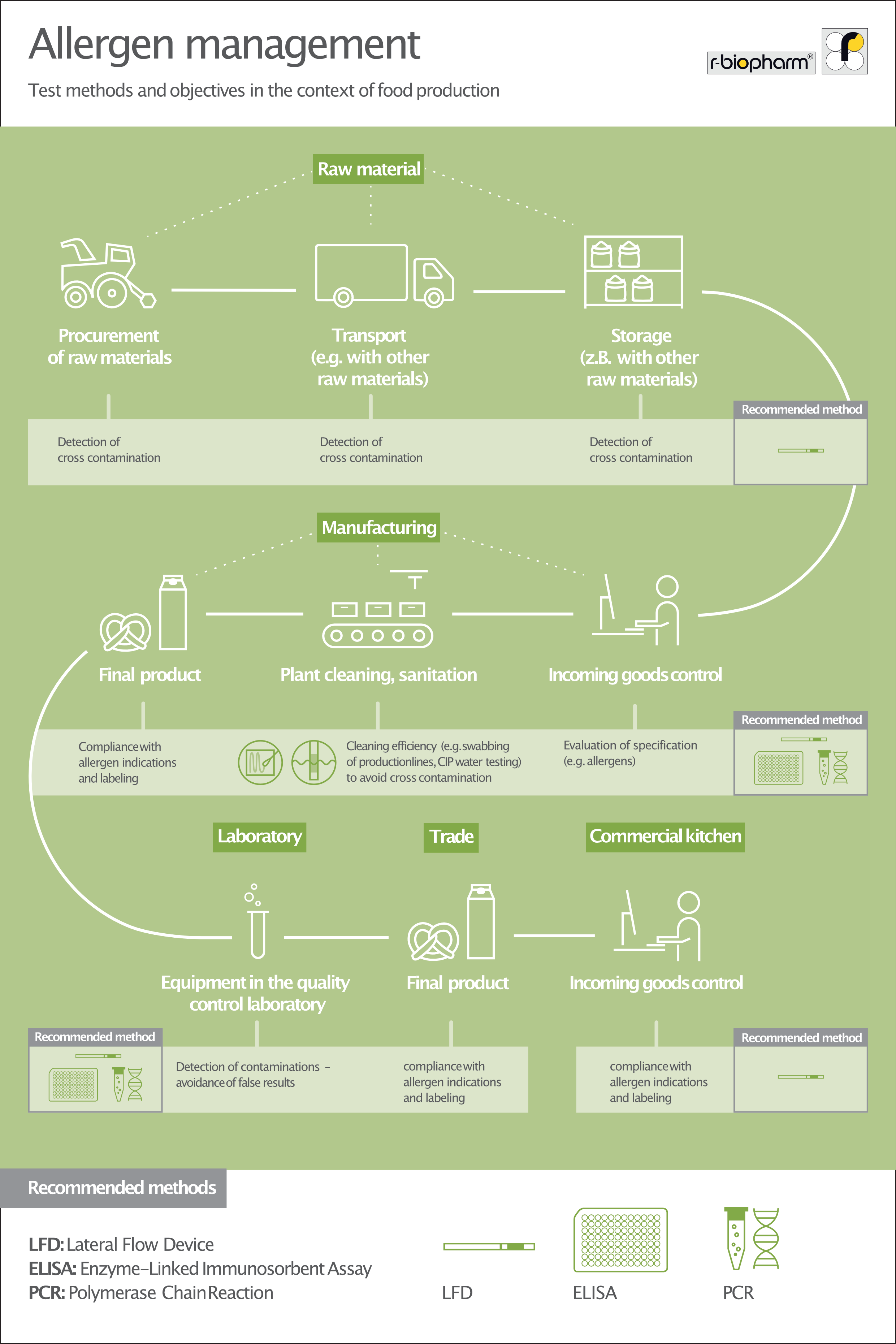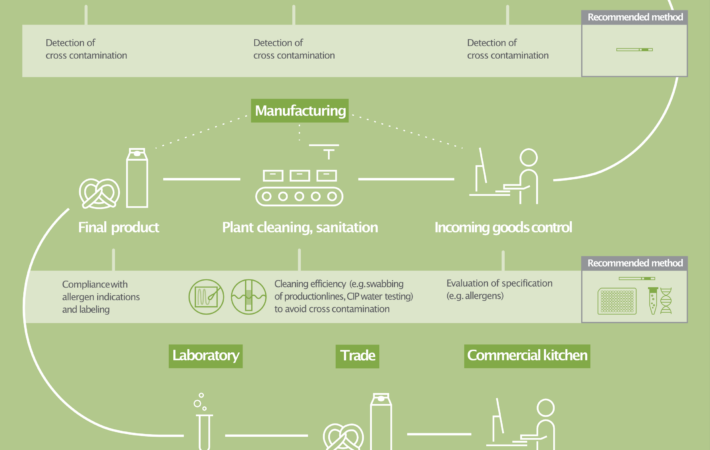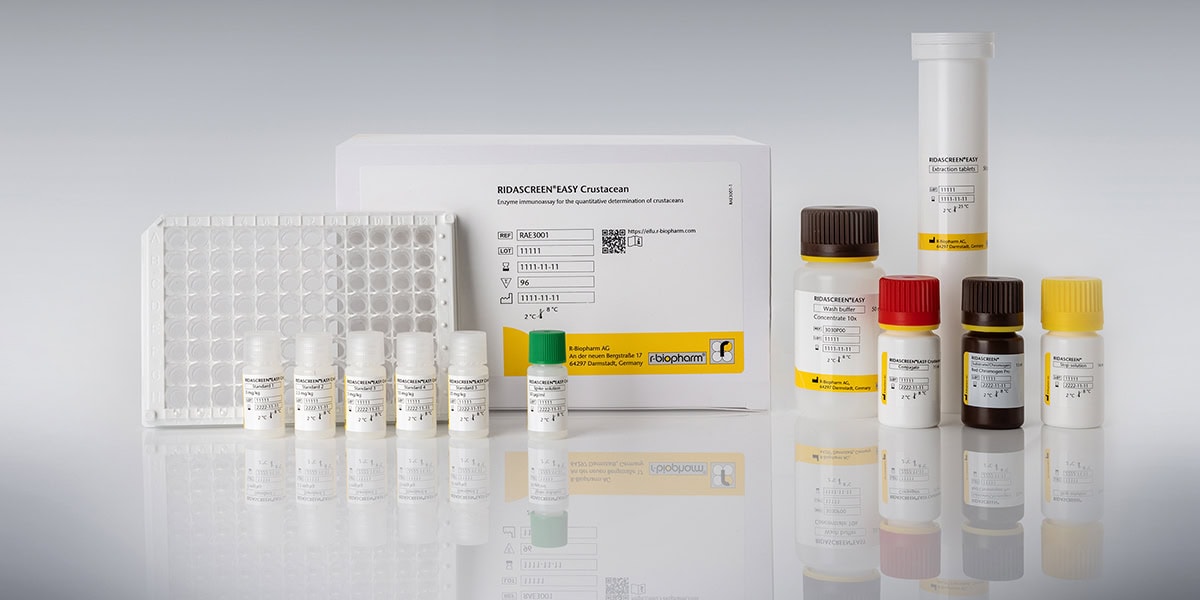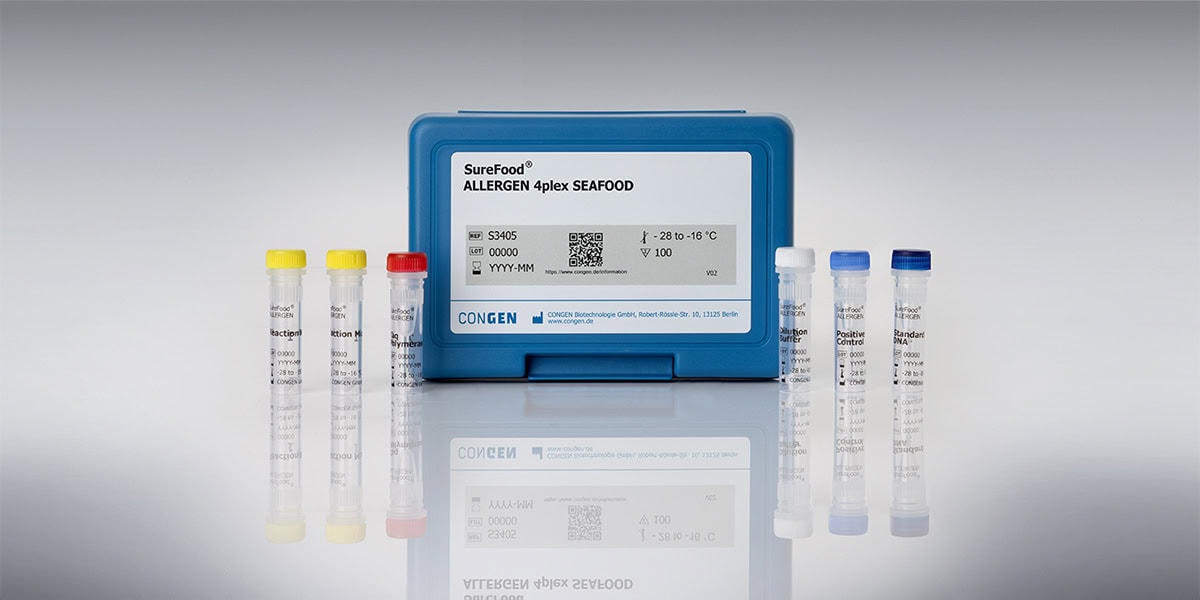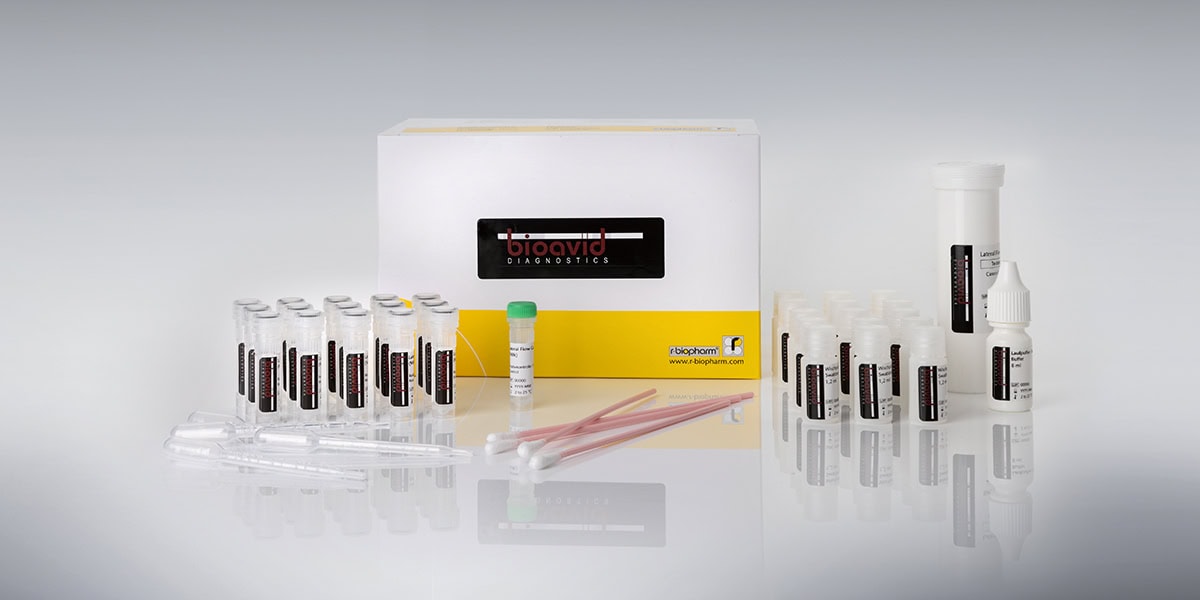
Recent news in Food & Feed Analysis
- Home
- /
- Plant-based food: Vegan diet...
Plant-based food: Vegan diet as a risk for people with allergies?
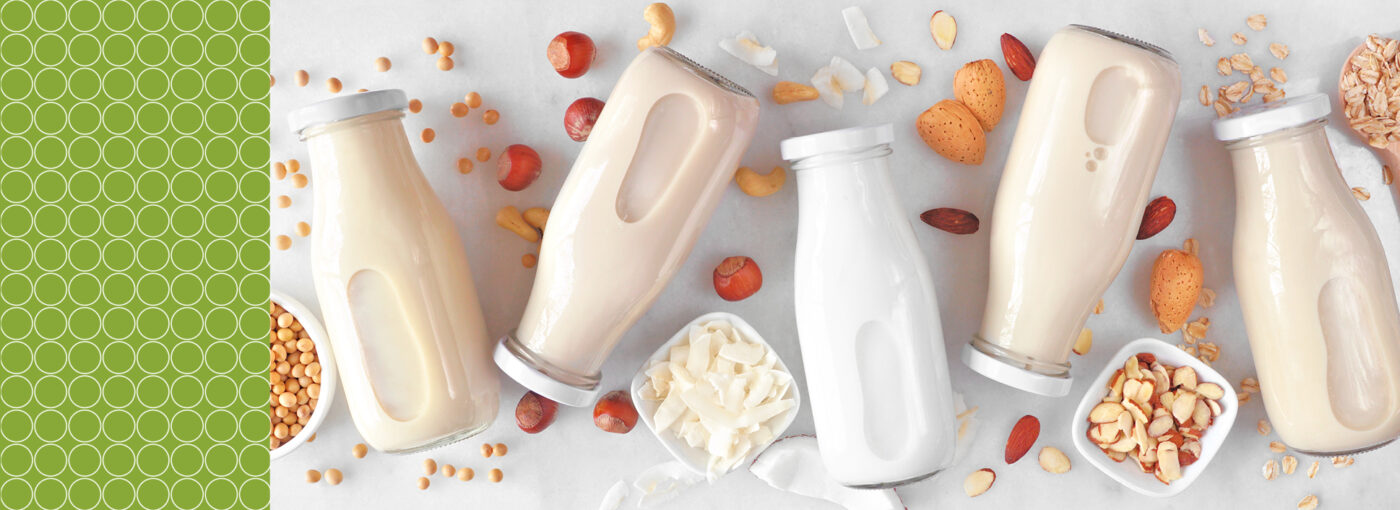
Plant-based foods are a major trend and new vegetarian and vegan foods are constantly coming onto the market. However, people with allergies need to look carefully when choosing plant-based milk and meat alternatives.
Reducing consumption of foods of animal origin and choosing more plant-based foods can have many health and environmental benefits. But it can also pose risks. We had already reported on mycotoxins associated with plant-based diets. Another problem is allergens.
Whether veggie burgers, cashew cheese or vegan fish sticks: Many vegetarian and vegan substitute products are industrially produced, highly processed and often have very extensive ingredient lists. This makes it difficult for people with allergies to identify a product that is suitable for them. In addition to allergens such as nuts, lupins, soy, sesame, mustard, celery and gluten-containing cereals, the products often contain isolated or concentrated proteins such as pea protein, which also have a high allergenic potential. Often, a product contains several allergens that are subject to labeling. In addition, the protein content in vegan substitute products is often quite high, which can cause allergic reactions to be very severe. And also cross allergies, e.g. allergic reactions to soy in people allergic to birch pollen are possible.
The complex formulation of the products also makes allergen management a real challenge, because:
- Many ingredients or raw materials must be tested.
- There is a risk of “hidden” allergens.
- Cross-contamination can easily occur.
- Cleaning processes are particularly important.
- Analysis of the final product is more difficult, as additives or spices could influence the analysis.
In an infographic, we have illustrated which analysis methods are particularly suitable during the individual steps of the manufacturing process (from analysis of the raw material during harvesting, transport and storage, through allergen management in production, to final product control).
For more information on food allergens and the available analytical methods, please click here.

